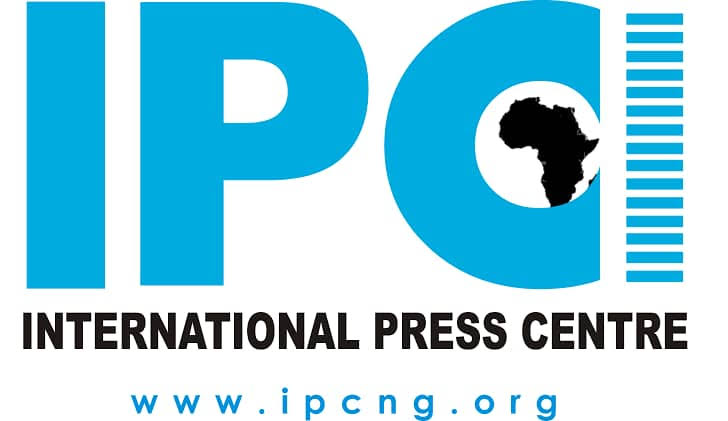International Press Centre trains Journalists on fact checking techniques
Chukwumerije Aja, Port-Hacourt
The International Press Centre, IPC has successfully trained over 40 journalists on effective fact checking techniques in South-South/SouthEast geopolitical zones.
The workshop which was aimed at equipping journalists with the necessary skills and knowledge to effectively utilize the freedom of information act, FOI, fact checking tools in their various reportage, also deepened their knowledge on report on gender bases issues in post-election.
The training was one of the activities being implemented by IPC, as lead partner, and the Centre for Media and Society (CEMESO) under Component 4 (Support to media) of the European Union Support to Democratic Governance in Nigeria (EUSDGN II) project.
Participants were introduced to fact-checking and FOI tools /techniques and the application of such to mitigate misinformation and disinformation as it relates to democratic governance reporting.
It also strengthen participants from different media organizations on fair, accurate, ethical, and inclusive reporting of the electoral processes and elections and also exposed them on how to combat information disorder/fake news using fact-checking tools like the “DEEP TRACE, TIN EYE, OSINT ESSENTIALS, MW METADATA” amongst others.
Facilitators at the workshop, Edetan Ojo, of the Media Rights Group, Lanre Arogundade, of the International Press Centre IPC, and Titilayo Osuagwu, senior lecturer at the university of Port-Hacourt, all harped on the need for journalists to dig in and ensure they asked tough questions as they strive to report beyond “he said”.
According to the Executive Director of IPC, Lanre Arogundade, Fact-checking is regarded as a crucial aspect of journalism, as it is a process that plays a vital role in dispelling suspicions and limiting the circulation of false information in society.
Meanwhile, the Executive Director of Media Rights Agenda, Edetaen Ojo, highlighted the vital role of regular access to information and data in enhancing a journalist’s ability to meet professional standards. Ojo emphasized the significance of staying up-to-date with the latest developments, facts, and figures to ensure that news presented is accurate, unbiased, and informative.
Dr Titilayo Osuagwu, a senior lecturer in the university of Port-Hacourt emphasized the need for the media to balance their stories so as to reflect the view of everyone in the society including women and girls, and also to ensure equal representation of women and men in the coverage of election beats.
The training session also featured practical where participating journalists were divided into groups to learn how to draft an FOI and conduct a fact check.
The workshop which was held in Port-Hacourt, Rivers state, attracted forty journalists selected from the South-South/SouthEast region who are either, new/mid-level journalists, community journalists, freelance journalists.
The workshop was sponsored by the European Union.


Comments are closed.